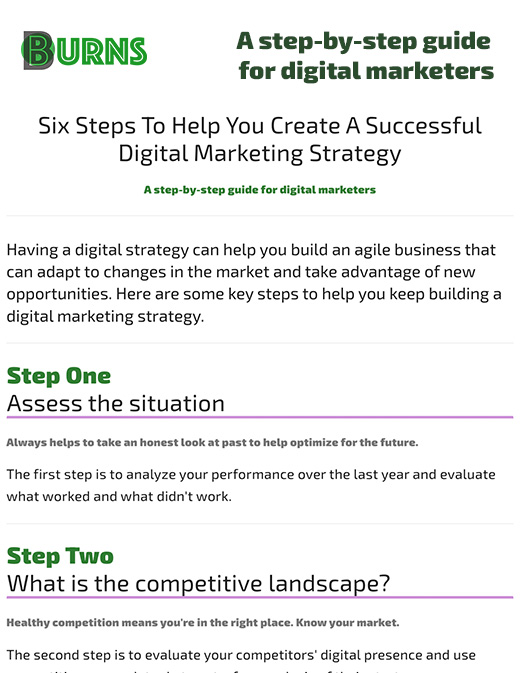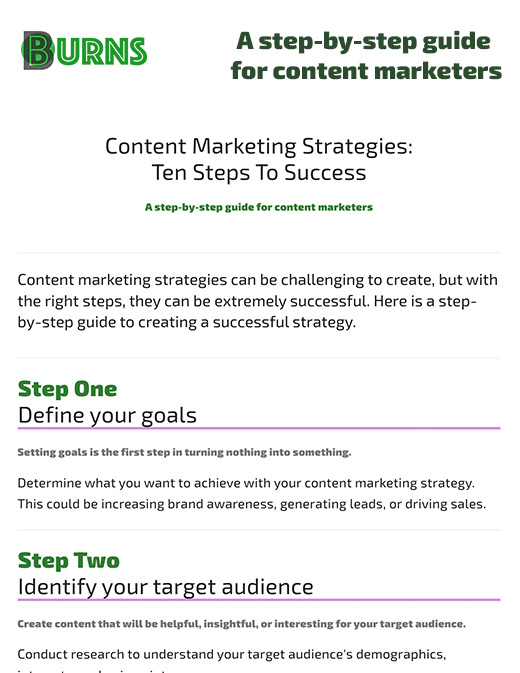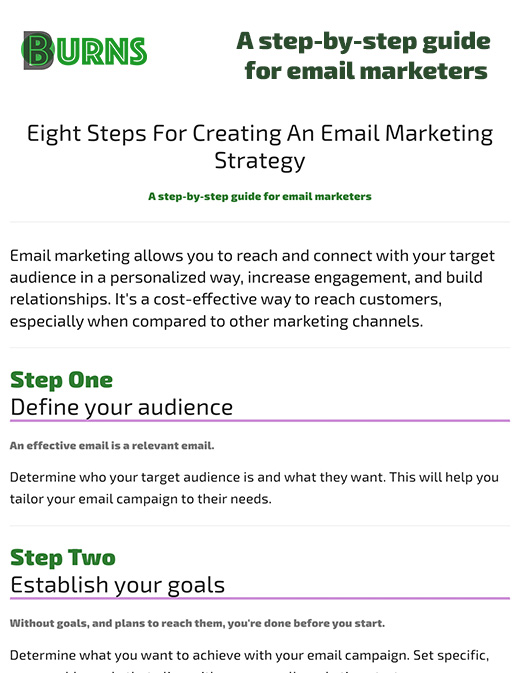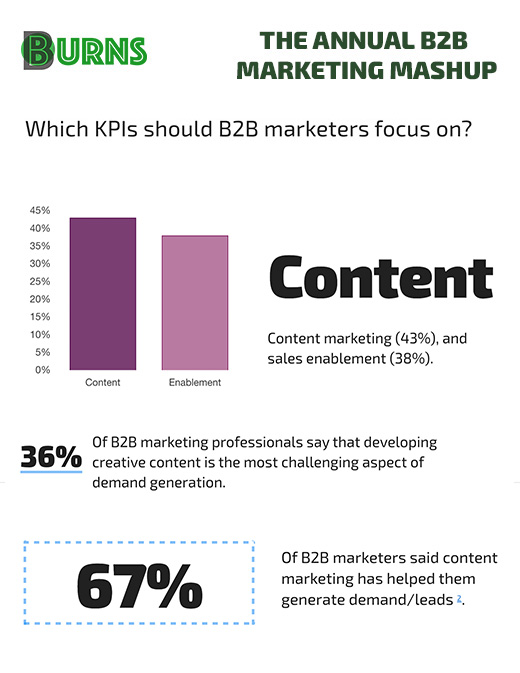Why is an SEO strategy so important?
Josh BurnsDate: December 15, 2021 | Time: 4 min to read
A failure to invest in SEO can undermine the success of other digital marketing channels.
Search marketing is a critical ingredient for any digital marketing strategy. When people think of SEO, organic traffic is the center of attention. The reality is that it is just one piece of the pie. There are many digital marketing channels that with the right SEO strategy, will absolutely strengthen results across them all.
Only 63% of small businesses invested in SEO in 2020. For larger companies (250 employees +) the number is slightly better at roughly 75% investing in SEO. It is amazing to know that more than 150,000 large businesses still do not have an SEO strategy. For businesses of all sizes this is a channel and investment that will pay big dividends over time.
Why is a solid SEO strategy critical for every business or organization?
It is essential for businesses to have an online presence, even for brick-and-mortar stores. Businesses and organizations of all sizes and industries benefit from digital marketing. It takes the right mix of ingredients to really deliver the expected results from this perspective.
Let's dive into the most undervalued channel of the bunch, in terms of digital marketing—search engine optimization (SEO). There is a lot to unpack here. We will keep this high level for now. We might get more granular on some topics discussed here in another article down the road.
For content marketing, an SEO strategy is such a vital ingredient of the recipe since it is how your story will be seen and read in the first place, especially in a search engine result page (SERP). Unorganized content makes it more difficult for search engine bots to index your site, identifying your area of authority, and ranking your pages for the desired results we all want.
Below we’ll cover some examples of what this looks like in practice that you can use to inspire your own strategy.
Some best practices you should include in your SEO strategy:
Understand your audience and how to reach them.
Make a list of topics and key terms. Using search volume and competition as your measurement, you can create a list of 15-20 short-tail keywords that are relevant and are being searched for by your target audiences. Focus on these and rank this list based on monthly search volume.
Next make a list of long-tail keywords based on the above topics. Use these long-tail keywords to create content and pages that explain the specific topics within the above topics. All of your long-tail keywords create a cluster around a prioritized topic. Search engine algorithms depend on the relationships between clusters of content to connect users with the information they are looking for.
Create a consistent editorial schedule.
There is value in writing about other topics your audience cares about to build authority with search engine algorithms. Write content as frequently as you can, weekly if not more often. Study your target market and write about things that they are interested in. Create a content strategy to remain consistent and focused on your desired results.
Write compelling page descriptions.
A meta description is the snippet of text that displays below the title in a search engine result page. This describes the content of the page to the person conducting the search query.
Writing high-quality meta descriptions lets Google know exactly what the page contains, ensuring content show up in the correct search results and provide audiences exactly what they need to click on it and learn more.
Getting backlinks and inbound links.
A backlink, also called an inbound link, is when another website links back to your website or blog content. It’s usually placed as a hyperlink on a string of text that relevant to your product, service, organization, etc.
Backlinks are an incredibly effective SEO tool. They show search engines that your page content is authoritative and relevant. This helps your content rank higher in search engine result pages.
Optimizing pages for better performance.
Page speed is how quickly the content on your website loads when someone visits a specific page on your website. Google began taking page speed into account for SERP rankings in 2018, making it a critical area of focus when you enact your strategy.
Channel attribution and assisted conversions
More often than not, Direct traffic gets is bucketed with organic conversions. People tend to visit websites organically then later convert through direct channel. It’s really important to understand how the organic channel impacts other channels and vice versa.
Measure and track your content.
Search engine optimization takes a lot of time and effort, you will want to know if your strategy is working. Track metrics to better understand the success of your overall process, and to identify areas for improvement.
We only scratched the surface here. There are so many ways SEO can impact and influence other channels along with great ways to measure the impact for digital marketing leaders.
Some additional resources:
Resources



